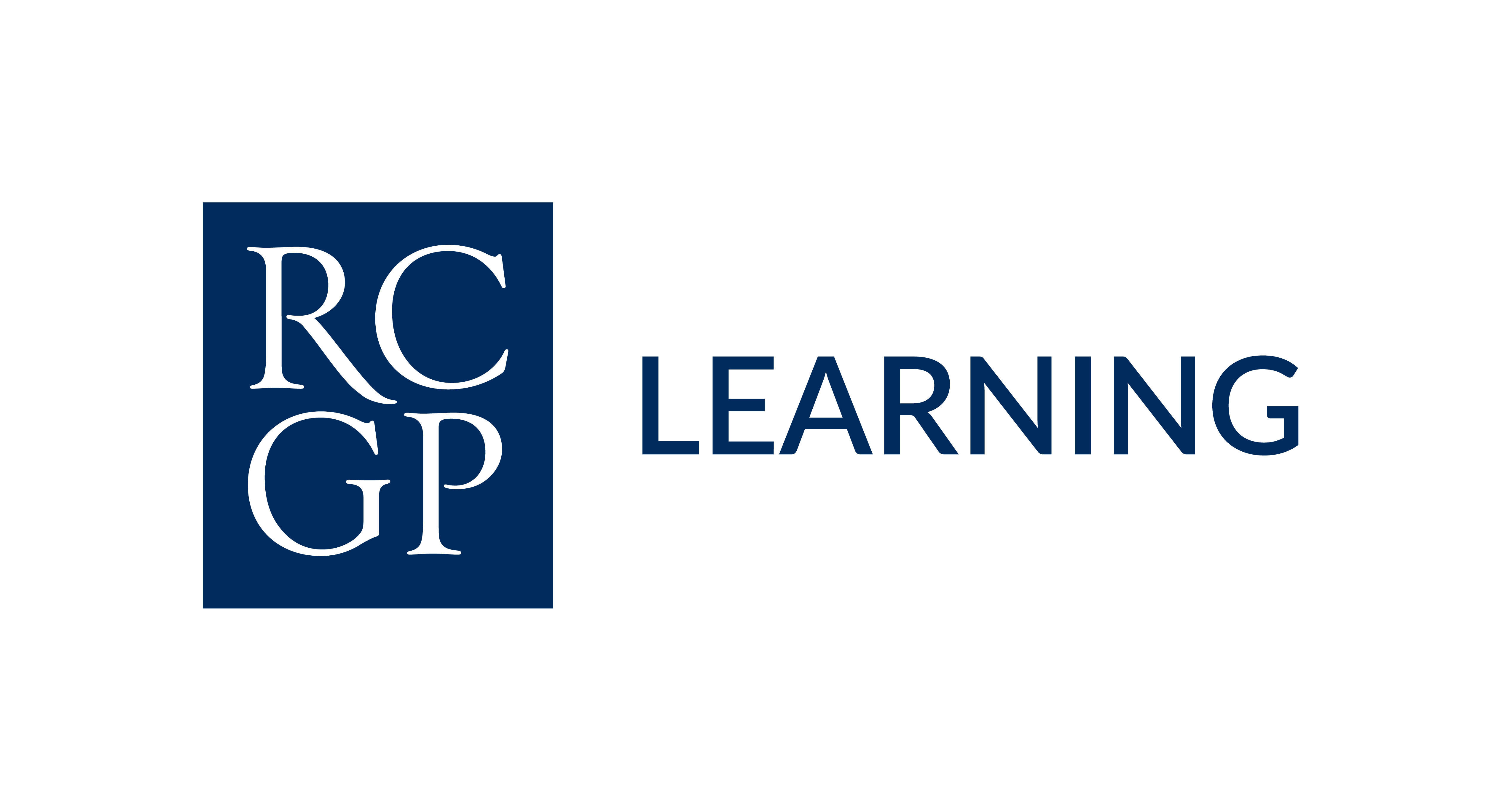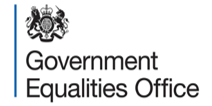
This Update consists of six modules covering new and changing knowledge on:


This Update consists of six modules covering new and changing knowledge on:





This course consists of two modules, which cover different areas of this subject but with some overlap. The first module concentrates on care of the adult transgender patient, using a case study approach to discuss all aspects of GP care. This includes prescribing, pronoun use and changing the gender marker in the notes as well as a detailed discussion of the GMC and BMA positions on transgender care. The second module focuses more on the adolescent patient and discusses management including psychological input and drugs such as puberty blockers, as well as what to do if a patient presents to their GP wanting to discuss pausing or reversing aspects of their transition, as well as more information about disclosure of trans status within the context of medical care. In some places this course refers to administrative issues that do not apply across the whole of the UK, for example NHS numbers. The resources section contains information on these issue for those working in Scotland, Wales and Northern Ireland.


Why does primary care need to know about women’s health?
The 2022 women’s health strategy showed that women spend a significantly greater proportion of their lives in ill health and disability compared to men; a majority of women who responded to the survey felt that there had been times when their voices were not listened to when accessing healthcare. Specific concerns were that symptoms were not taken seriously, that significant self-advocacy was needed to reach a diagnosis, and that there were limited opportunities to discuss the possible treatments. There are a variety of medical needs and life stages which are specific to women, including cervical and breast screening, dysfunctional menstruation, the need for contraception, care during pregnancy and the postnatal period, and management of the menopause. Breast cancer, which is vastly more common in women than in men, is the commonest UK cancer, with two other female specific cancers (uterus and ovary) listed in the 20 most common UK cancers. Cancers of the cervix and vulva are less common (with cancer of the cervix reducing in incidence due to HPV vaccination), but it remains important that we maintain a high index of suspicion for symptoms which could represent a malignancy of any part of the female tract.
This hub concerns illnesses and life stages which are relevant to those of the female sex, and so the words woman/women/female and the pronouns she/her are used throughout the resources. Some of our patients for whom these illnesses and life stages are relevant will have a gender identity which is not female. Their chosen pronouns should be respected and used.
Women’s health eLearning
This hub contains courses which cover the main female cancers – endometrial, cervical, vulval and ovarian, as well as information about prevention of, and screening for, breast cancer. The course on endometriosis discusses the presentation and initial decision making process around whether to treat empirically in primary care or refer for a diagnosis. The decision on whether a formal diagnosis, only available via laparoscopy, is necessary at first presentation, needs to be made by the woman and her GP and will depend on a variety of factors including severity of symptoms and whether there is a current wish to conceive. There is also a course on heavy menstrual bleeding (HMB) which starts from the assessment of a patient with HMB and discusses the current guidelines and how to assess the risk of endometrial pathology and use this to make decisions about whether to treat empirically, investigate in primary care, or refer at first presentation.
The course on contraception covers all currently available methods and uses an interactive approach, case studies and videos to provide education about the mode of action and efficacy of each method, the common myths and how to refute them, and broader issues which women seeking contraception may want to consider. Concepts such as quick-start and bridging contraception are also discussed. The menopause and hormone replacement therapy (HRT) is covered in a module aimed at generalists which discusses the identification and management of the menopause and perimenopause, what women need to know about HRT and how to start it, as well as the specific features that apply to women with premature ovarian insufficiency (POI), many of whom will need referral to secondary care.
The hub also contains a variety of podcasts. Some of these cover the same subjects as the courses – a podcast sometimes allows more in depth discussion of an aspect of care where management may not be clear-cut; where there is a podcast and a course, they usually cover different facets of the condition and so it is worth accessing both resources. There are also podcasts on subjects which do not have a course on the hub, such as influenza (flu) vaccination in pregnant women, and women’s health and migraine.
References:


This module is one of a suite of courses looking at the health, wellbeing and service provision issues for patients who identify as lesbian, gay, bisexual or transgender (LGBTQ+). This group has specific needs and evidence shows that these are often not adequately met. By completing this module, you should have an awareness of the nature and prevalence of mental health issues in the LGBTQ+ population, the specific needs they have and how you may facilitate earlier help in order to achieve better outcomes.
An educational grant was received from the Government Equalities Office for the production of the course. Editorial and content decisions were made solely by the RCGP.


This is a recording of a live conference that took place on 16 October 2025. This recording will be available to view until 21 July 2026.
GPs play a crucial role in the lifelong care of patients, including those with neurodivergent conditions. Neurodiversity is a common aspect of human variation, with over 15% of the UK population being neurodivergent. This conference aims to highlight that neurodiversity is everyone's business. Neurodivergence affects individuals of all ages and impacts both mental and physical health, influencing morbidity and mortality across all organ systems. Our goal is to provide insights into the challenges faced by the neurodivergent population in a predominantly neurotypical world and to equip GPs with practical strategies to improve health outcomes and access to care.
Topics include:
Conference Chair: